 Is it just me, or do surveys on “Family Feud” sound like companies are secretly using the game show to conduct market research? Over the years, “The Feud” has slipped in some suspicious-sounding surveys, such as:
Is it just me, or do surveys on “Family Feud” sound like companies are secretly using the game show to conduct market research? Over the years, “The Feud” has slipped in some suspicious-sounding surveys, such as:
- Name a company that makes batteries.
- Name a type of salad that people eat at a picnic.
- Name something that people use a coupon for.
Did Duracell drop in an unaided brand awareness question? Was the National Fruits and Vegetables Alliance working on a summer promotion? Was Groupon looking for leads on which product categories to target?
The conspiracy theorist in me suspects I might be onto the biggest scandal since Congress investigated TV quiz shows in the late 1950s. The content marketer in me, however, thinks doing research to fuel content-driven initiatives is a great idea.
I’m not alone. According to Demand Gen Report’s 2015 Content Preferences Survey, 73% of respondents strongly agree that brands should use more research to support content. Another 25% said they “somewhat agree.” At Content4Demand, we even try to develop surveys that help us gauge new trends in the B2B community. In fact, we currently have one in the works focused on 2016 budgeting and planning!
We’re sometimes fortunate to find timely data from highly reputable third-party research firms, universities, government agencies or trade associations that we can use in exchange for attribution. But counting on the kindness of strangers for updated information to reinforce marketing messages is a risky proposition.
Data Fatigue
Increasingly, it seems that the most interesting data is already being used by competing companies to tell similar stories. Data owners are a little less generous about sharing the information they collect. And as marketing messages become more precisely targeted, finding relevant data in the public domain — okay, on the Internet — can be an exercise in frustration.
Since none of this diminishes your customers’ appetite for reliable and updated information, conducting your own survey can be a rewarding marketing tactic. If the survey is done thoughtfully, the data can provide you with information to make mission-critical decisions while also delivering the building blocks for a wide variety of marketing vehicles.
Breaking News
Like B2B buyers, business journalists love data and will eagerly share “newsworthy” statistics with their readers. Sharing your data with the media — for instance, by offering an influential publication an exclusive look at the results — should be high on your to-do list. If you are lucky enough to have your survey results covered by the press, the data’s authority — as well as your own reputation as a thought leader — immediately soars. Better yet, the pass-along value of press coverage improves the odds that online search engines will discover it.
Survey data is excellent source material for presentations at industry conferences, sales events or during webinars. It can also be used to create a variety of marketing materials, including:
- White papers
- Infographics
- Blog posts
- Social media posts and graphics
- Native advertising materials
Extend the value of your data indefinitely by updating it with subsequent surveys. Using the original results as a benchmark, schedule regular updates to identify patterns and trends — again, information you’ll want to share with the press.
Good Data Takes Great Planning
Thanks to the increasing number of survey technology vendors, collecting data is relatively affordable. That being said, the value data provides doesn’t come cheap in terms of planning.
Generating meaningful or actionable data that your customers value requires its own research and a lot of planning. Before you invest anything more than your effort, spend some time learning what your customers need to know, and think about how you and they both might use the results to build your businesses.
If you want to learn more about conducting your own survey and using the data to support a robust content marketing program, we can help.
By the way, Energizer batteries beat out Duracell 52 to 23.
Terry Moffatt is Content Strategist for Content4Demand. Every day, he helps clients discover great stories about their brands and businesses and convey these stories through different content formats. He especially enjoys telling buyer-centric marketing stories through video. When he’s not creating killer content, Moffatt is building things, such as small structures, stone walls and even interiors. Creating something that has utility and provides value gives him an incredible sense of accomplishment, so you can count on him to create effective content! You can connect with him on LinkedIn.



